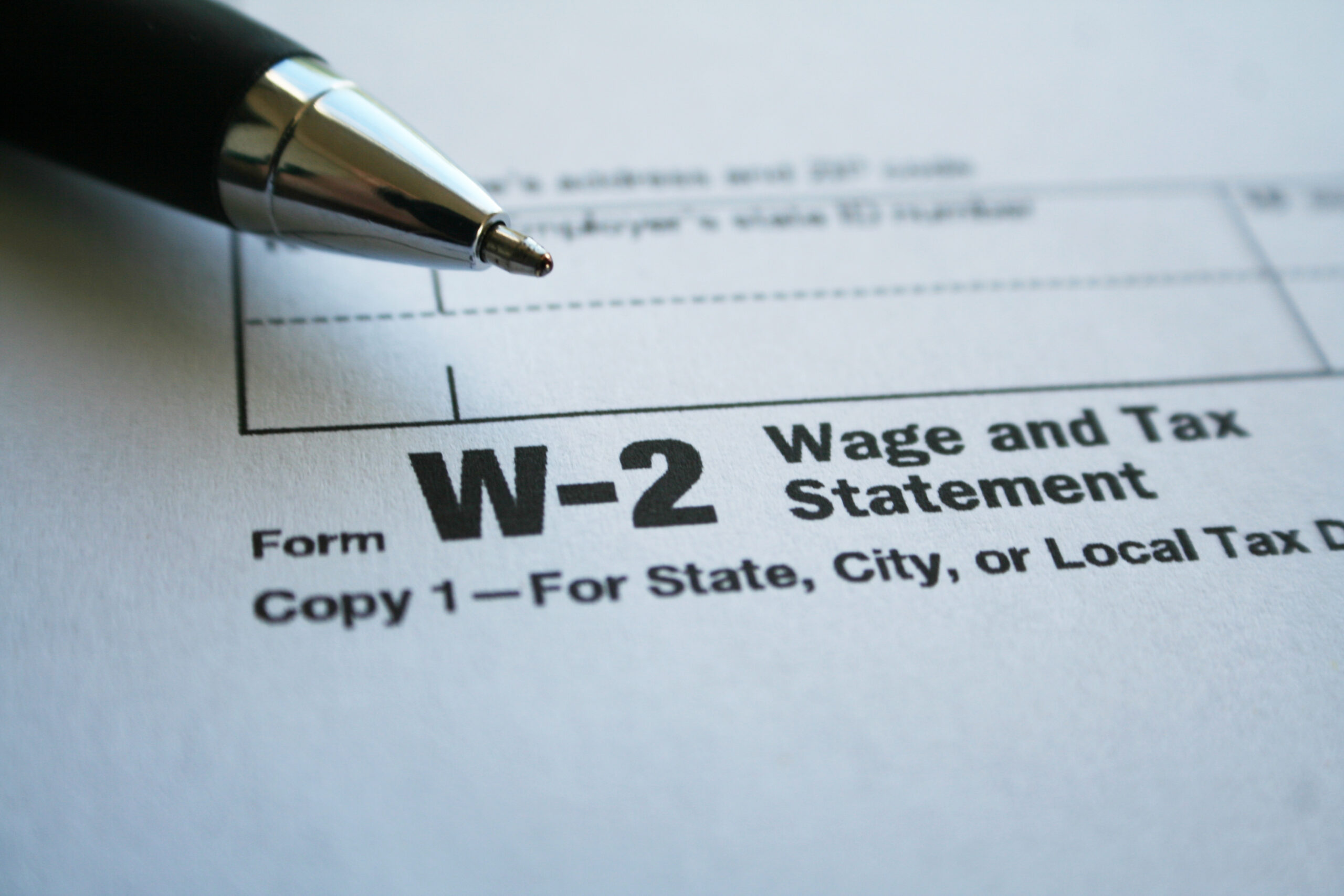Perhaps two of the most off-putting topics in the world are mortgages and divorce. Nobody particularly enjoys thinking about either one. Still, if you are going through a divorce and you are dealing with how to divide your home, these topics have probably been on your mind a lot recently.
The marital home is usually one of the biggest, if not the biggest, asset in a divorce. For most couples, the question of who stays, who moves out, or whether to sell the place entirely is a matter of much discussion. No matter which decision you reach, there is one thing to consider: Whether to refinance the home after your divorce.
So, what are some reasons why you may want to refinance your home after a divorce?
- Protecting your finances
Whether your spouse is buying out your share of the home or you are buying out theirs, if your name is still on the mortgage, it could mean financial penalties for you if they miss a payment. If possible, include a provision in your agreement that whoever who keeps the home will refinance it after the divorce.
- Funds from refinancing
If you end up keeping the house, your spouse will be seeking equity in return. One way to come up with this equity is a cash-out refinance. A cash-out refinance works by using your home’s equity to take out a new mortgage that is bigger than the existing one. This type of refinancing is also a good option if you are trying to come up with the funds to buy out your spouse’s share of the home.
- Tapping home equity for cash
Divorce is expensive. Combine this with the dramatic increase in home prices in recent years, and you and your spouse may now be house rich but cash poor. To remedy this and get some much-needed capital in your pocket, you could once again consider a cash-out refinance. Some common reasons to tap into home equity in exchange for cash include debt consolidation, creating an emergency fund and investing in high-return ventures.
- Fixed payments
Adjustable-rate mortgages have become popular recently. After the initial period of low, fixed-rate payments expires, your payments may increase dramatically depending on current interest rates. Refinancing to a fixed-rate mortgage can help protect against rate increases.


















